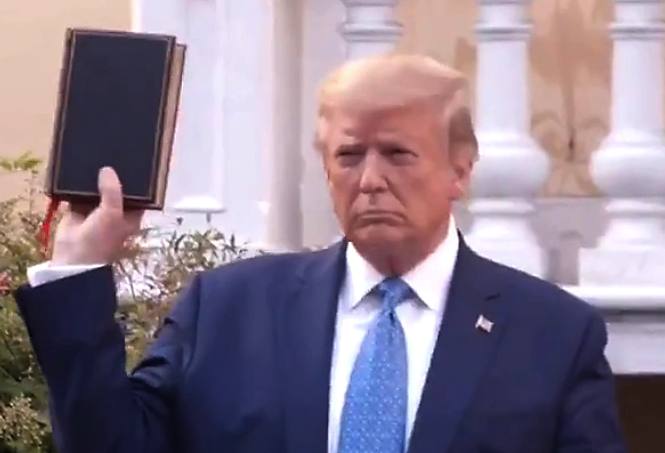The Trump administration issued an executive order on Thursday, February 6, 2025, directing federal agencies to review and eliminate policies perceived as discriminatory against Christians, sparking debate over its legal and constitutional implications.
The order establishes a two-year task force, chaired by the Attorney General, to examine Biden-era policies and recommend revocations of any federal actions deemed unlawfully hostile toward Christianity.
It mandates changes to federal policies governing religious organizations in areas such as education, employment, and social services. The order cites the prosecution of pro-life demonstrators, instances of violence against churches, and a now-retracted FBI memorandum that labeled certain Catholic groups as potential domestic threats.
Legal experts and advocacy organizations have raised concerns that the executive order could challenge the constitutional principle of church-state separation. Americans United for Separation of Church and State denounced the measure, with its president, Rachel Laser, stating that it “misuses religious freedom to justify bigotry, discrimination, and the subversion of our civil rights laws.”
The American Civil Liberties Union (ACLU) similarly warned that the administration is attempting to dismantle long-standing protections that prevent government favoritism toward a specific religion.
This move follows the Trump administration’s recent repeal of a Biden-era policy reinforcing religious freedom protections for individuals accessing government-funded services such as food banks and shelters.
Legal analysts suggest that the order could lead to litigation over its potential impact on civil rights, religious neutrality in federal policy, and the balance between religious liberty and anti-discrimination laws. Legal challenges and policy shifts will likely shape its ultimate reach and enforcement.

